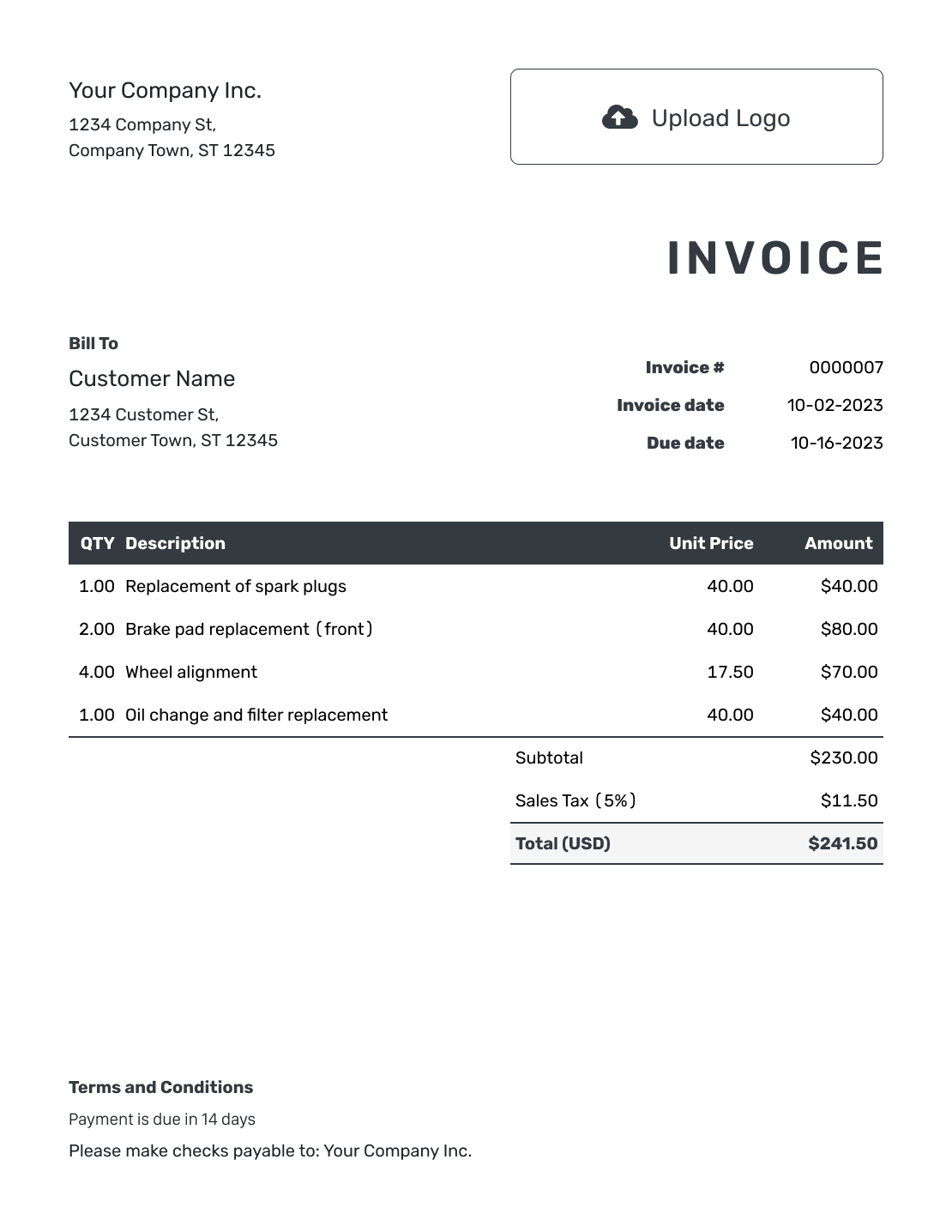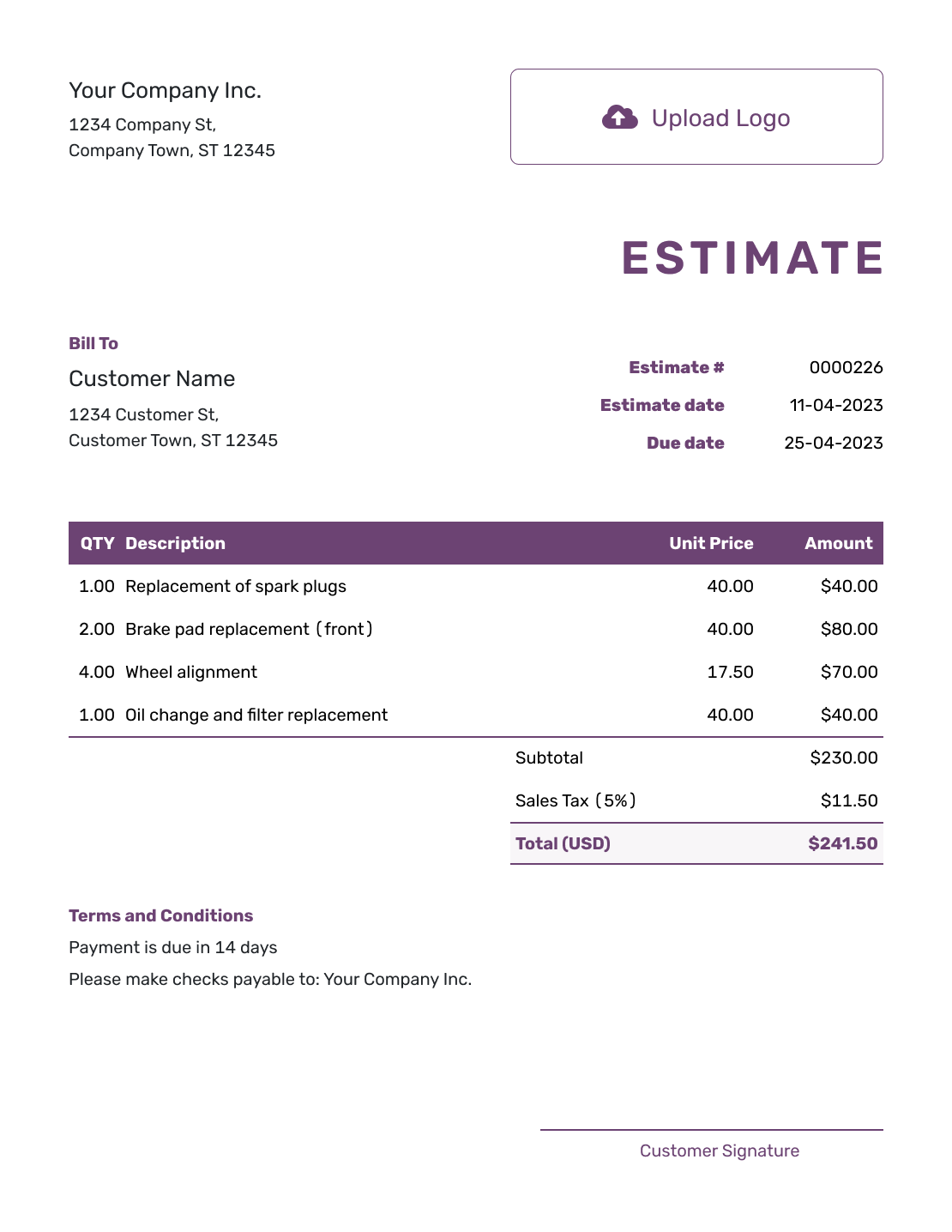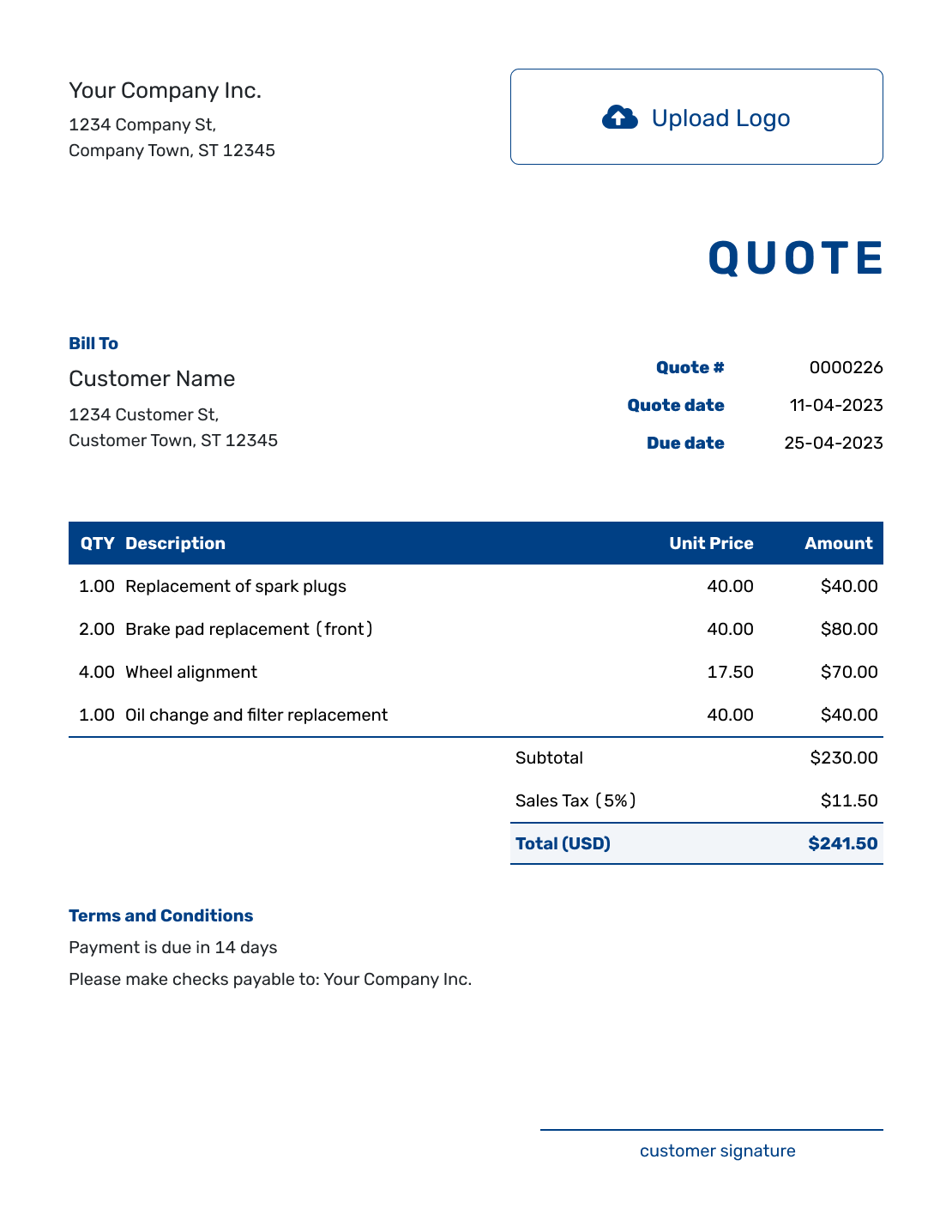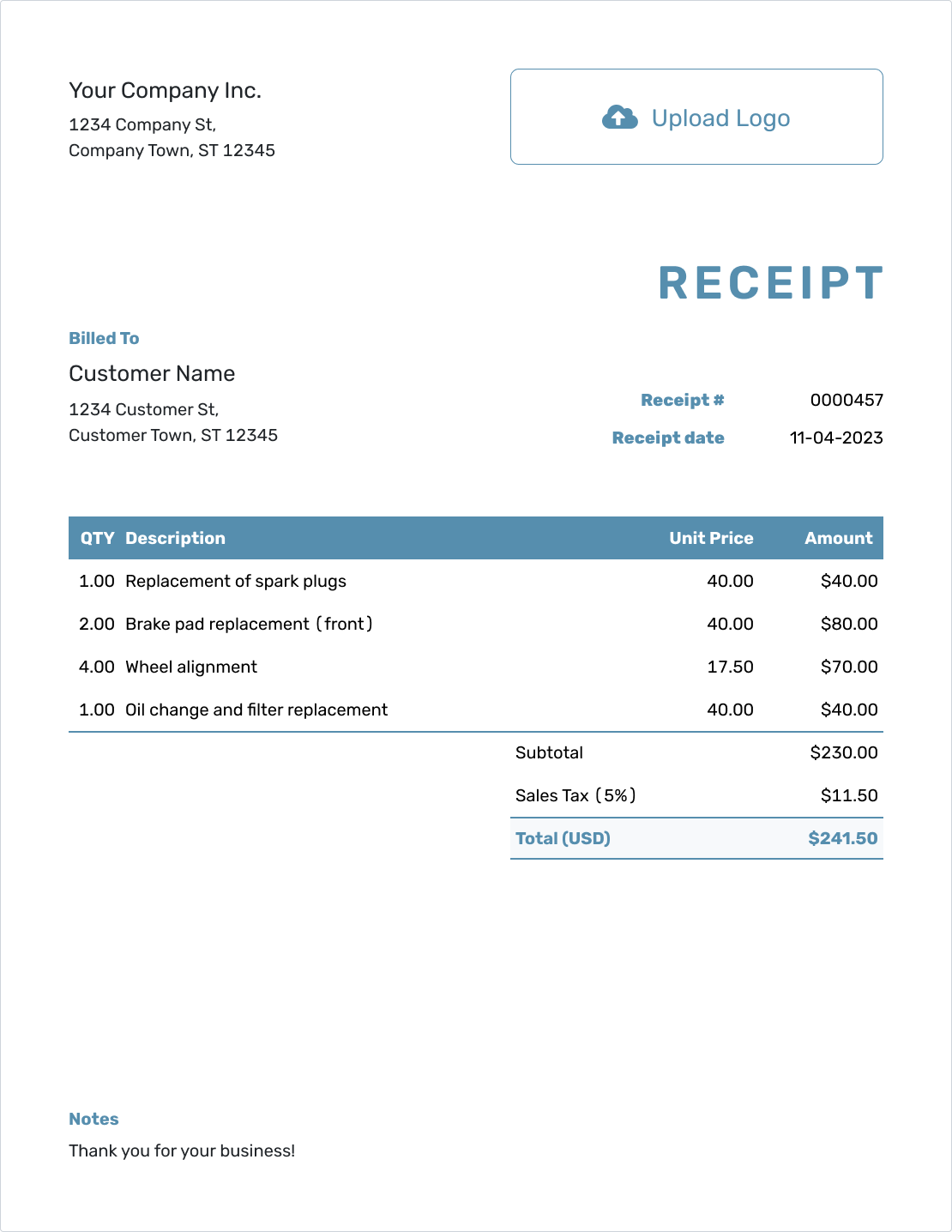Understanding
Equity
Est. reading time: 5 min

Equity is really just a fancy way of talking about the value of ownership in something. If you own a business, equity is what you own after all the debts are paid. It is the value left in the company once you subtract everything that is owed. It is like owning a house—you subtract the mortgage you owe from the value of the house, and the remainder is your equity.
What Is Equity?
Equity represents the ownership value held by shareholders or business owners. In simple terms, it is the value of an owner's stake in an asset or company, after subtracting all of the liabilities. If a business sells off all its assets and pays off all its debts, whatever is left is the equity.
For small business owners, equity is an important indicator of their financial health. It shows how much of the business they truly own as opposed to what is still tied up in debts. A higher equity value means the business is in a strong position, with more assets than liabilities.
Types of Equity
There are several types of equity, depending on the context:
- Owner's Equity: This is the value that belongs to the owner of a business after liabilities are deducted. It includes the owner's initial investments plus any retained earnings.
- Shareholders' Equity: In larger companies, equity is divided among shareholders. This represents their ownership in the company and includes both the value of the shares they hold and the retained earnings of the company.
- Home Equity: When it comes to a home, equity is the difference between the home's market value and any remaining mortgage or loan amounts.
Why Is Equity Important?
Equity is an important concept because it tells owners and investors how much the company or asset is worth to them. For businesses, positive equity indicates financial health, meaning the business has more assets than it has debts.
A company with high equity is in a better position to secure loans or attract investors, as it shows a level of stability and value. For shareholders, the equity in a company helps them understand the value of their investments and the potential returns if they were to sell their shares.
How Is Equity Calculated?
The calculation for equity is quite straightforward:
| Equity = | Total Assets - Total Liabilities |
For example, if a business has assets worth $500,000 and liabilities worth $200,000, the equity would be $300,000. This means that $300,000 of the business is what the owner truly owns after accounting for all debts.
The Docelf Advantage
Understanding equity is just one part of managing a business. With Docelf, you can simplify the other key aspects of running your business, especially around invoicing, quotes, and estimates. With our software, you can:
- Create Professional Invoices: Send clear and professional invoices to your clients, making sure you get paid on time.
- Manage Quotes and Estimates: Easily prepare quotes and estimates that help you communicate with your customers before starting a project.
- Stay Organized: Keep all your documents in one place so you can always keep track of your financial interactions and business dealings.
Ready to make managing your business easier? Try Docelf today for free!




